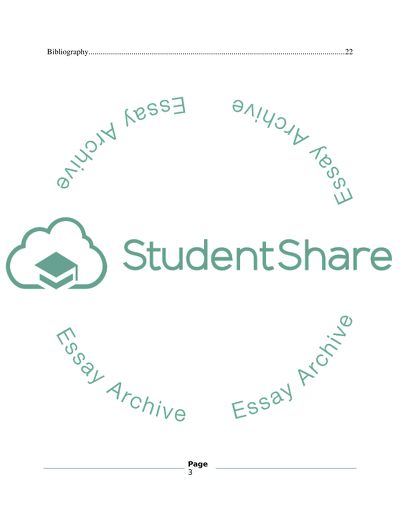Cite this document
(“Developing Autonomous Practise in Mental Health - Cognitive Behaviour Essay”, n.d.)
Retrieved from https://studentshare.org/nursing/1485464-developing-autonomous-practise-in-mental-health
Retrieved from https://studentshare.org/nursing/1485464-developing-autonomous-practise-in-mental-health
(Developing Autonomous Practise in Mental Health - Cognitive Behaviour Essay)
https://studentshare.org/nursing/1485464-developing-autonomous-practise-in-mental-health.
https://studentshare.org/nursing/1485464-developing-autonomous-practise-in-mental-health.
“Developing Autonomous Practise in Mental Health - Cognitive Behaviour Essay”, n.d. https://studentshare.org/nursing/1485464-developing-autonomous-practise-in-mental-health.


